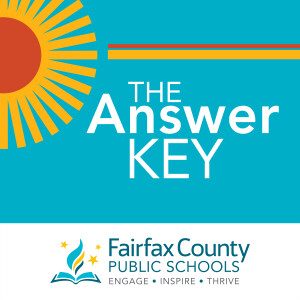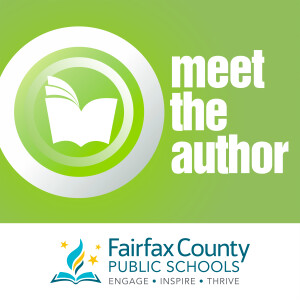

The Answer Key: Learning and Leadership in the K-12 World
https://anchor.fm/s/683e3a38/podcast/rssEpisode List

Read, Write, Think, Discuss: Disciplinary Literacy
Disciplinary literacy is the ability to read, write, think and discuss across content areas. Maps, graphs, poetry and prose are examples of different text structures. How well a student can read, write, think and discuss diverse texts takes practice and purposeful planning. Educators Chris Tovani and Paige Whitlock share how secondary teachers can embolden students to own literacy in all subject areas.

Teaching Shakespeare: To Dos And Not To Dos
Shakespeare is taught in high schools all across the country, but have you ever thought about what goes into teaching Shakespeare? West Potomac High School English Teacher Colin O'Grady has spent years studying Shakespeare and recently he designed an elective course called Shakespeare Studies to share with students what he has learned. Through an engaging, and inquiry-driven curriculum students discover that Shakespeare is still as relevant as ever.

The Preschool Autism Classroom: How Does it Work?
Youngsters on the autism spectrum benefit from a preschool experience with specially trained instructional and support staff. The Preschool Autism Classes (PAC) is a full day program where a variety of learning strategies are used, including the principles of Applied Behavior Analysis and Verbal Behavior. PAC is the beginning of a learning journey that encourages the ability of every child to communicate their wants and needs in a socially acceptable manner.

Hands-On History: Facilitating Student Internships
Local history is frequently forgotten or underappreciated, but high school history teacher Brian Heintz encourages his students to see local history in context of national events and regional custom. By facilitating internship opportunities, Heintz is able to guide his students to experience and explain local history in a variety of ways. Jeff Clark, educational media producer, joins the discussion as an intern mentor and local history enthusiast.

Make it Real: Project Based Learning (PBL)
In Project Based Learning (PBL) students are given time to investigate and solve an open-ended challenge that leads to deeper thinking and real world understanding. But how to do it? Educators Jeff Lonnett and Christie Day explain how PBL breaks down content silos to become a powerful instructional model.
You may also like
Create Your Podcast In Minutes
- Full-featured podcast site
- Unlimited storage and bandwidth
- Comprehensive podcast stats
- Distribute to Apple Podcasts, Spotify, and more
- Make money with your podcast



